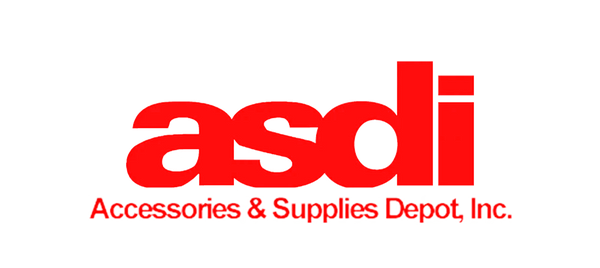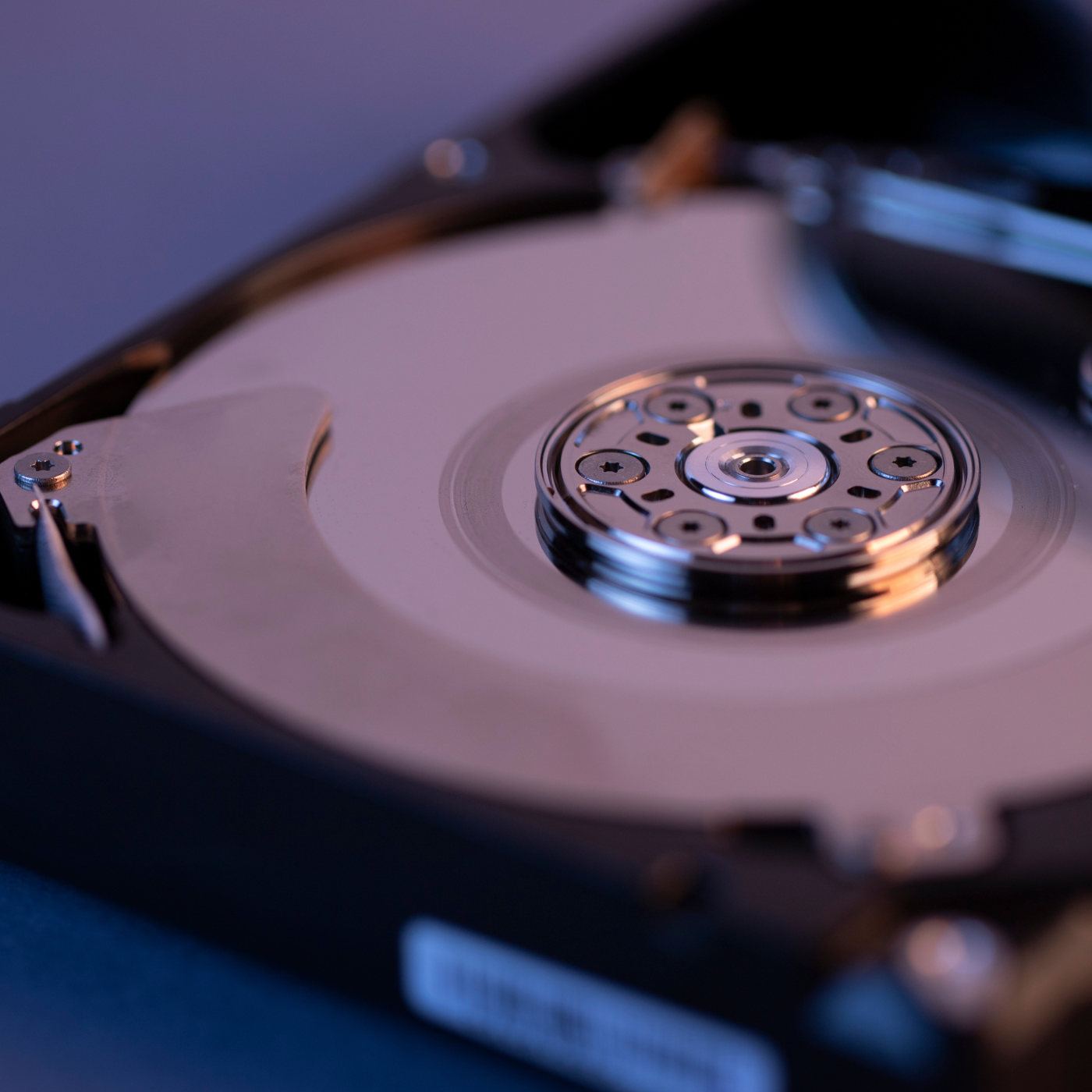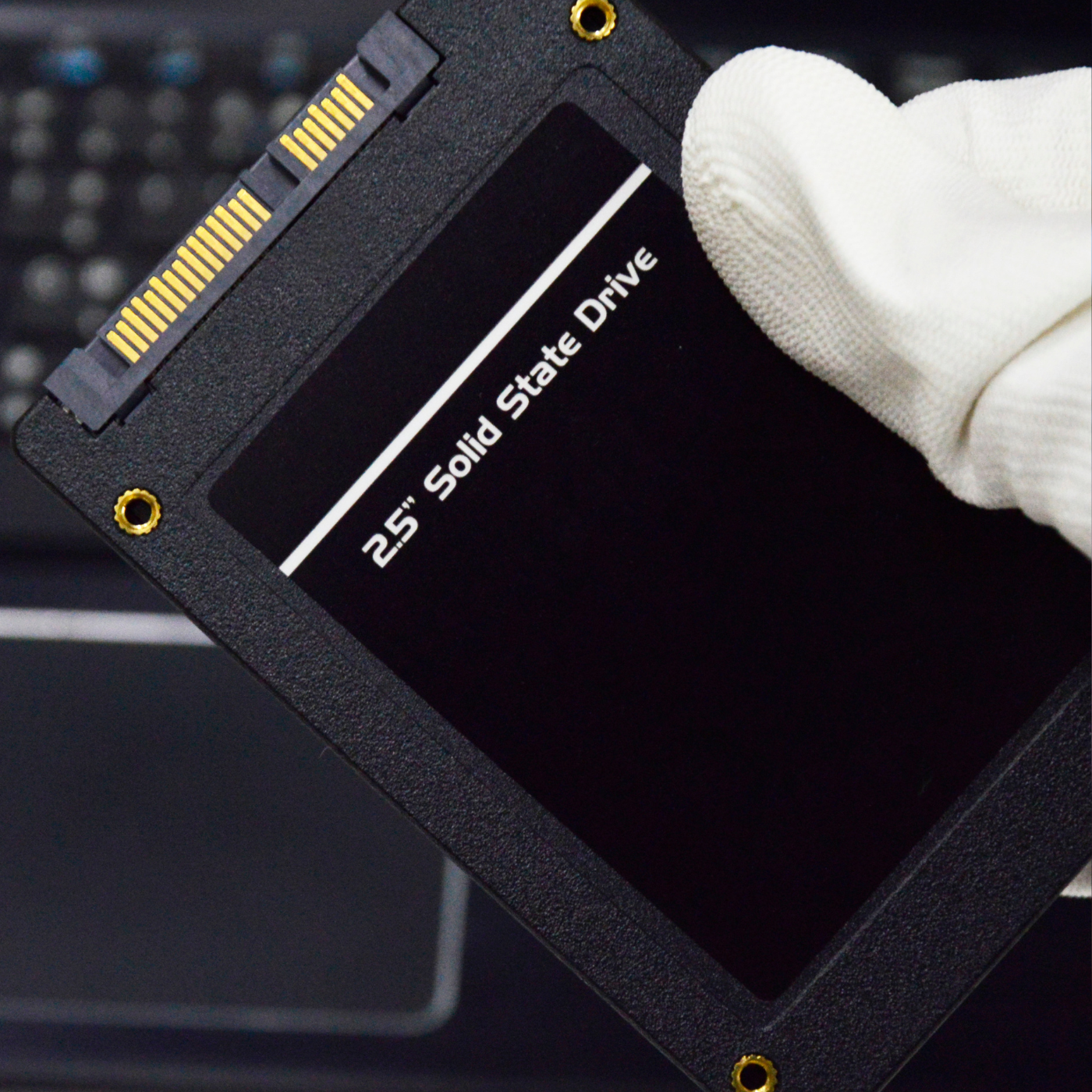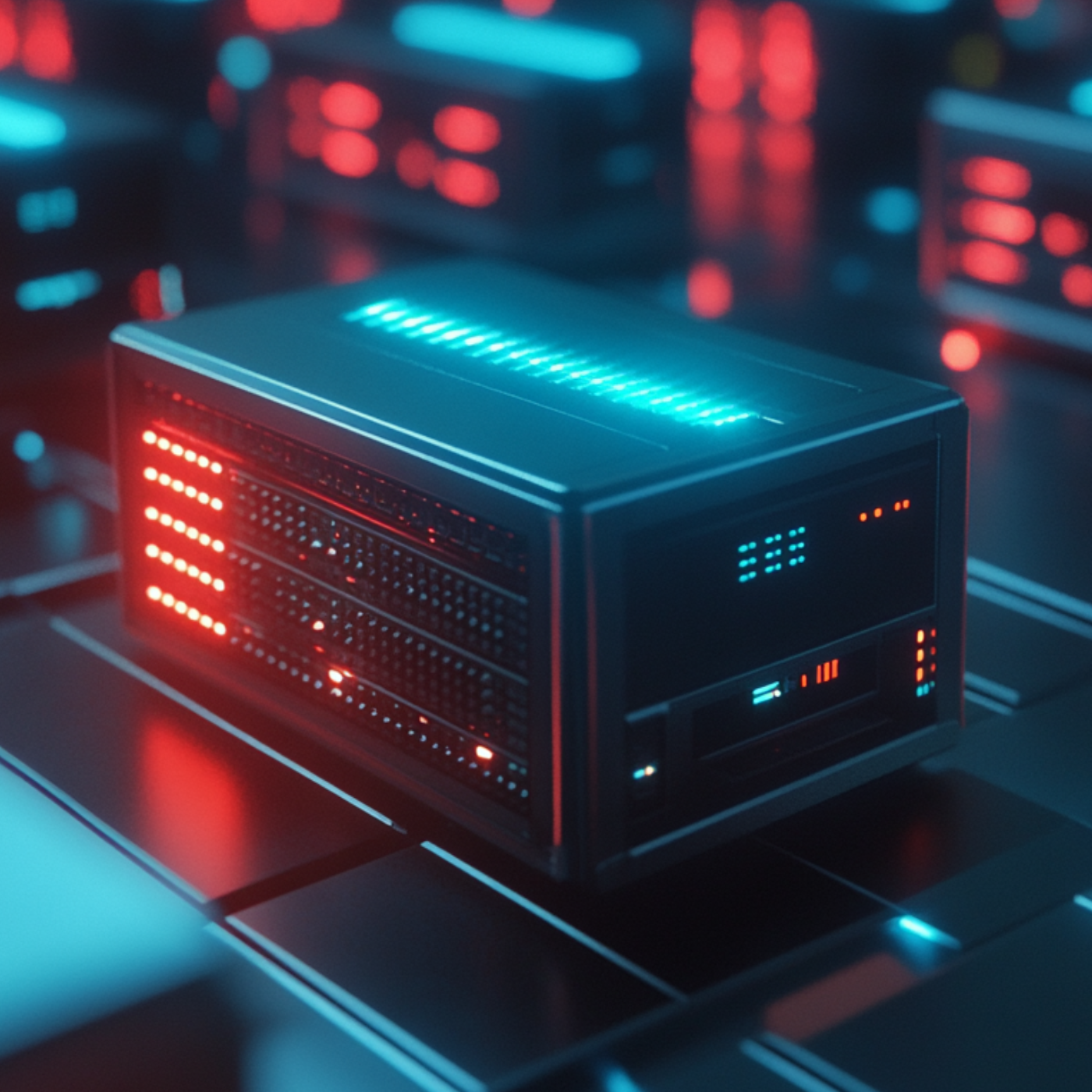Efficient storage solutions are crucial for modern businesses and organizations, offering numerous benefits that directly impact productivity, security, and overall performance. Implementing effective storage systems can save time by allowing employees to quickly locate and access important documents, reducing the frustration of searching through cluttered spaces
This increased efficiency translates to improved productivity and potentially reduced stress in the workplace.Beyond organization, advanced storage solutions provide enhanced data security, scalability, and cost-effectiveness. They protect sensitive information through features like encryption and access controls while also allowing businesses to adapt to growing data needs without disrupting operations
Modern storage technologies, such as solid-state drives (SSDs), offer significantly faster performance and lower latency compared to traditional hard disk drives (HDDs), which is particularly important for AI workloads and data-intensive applications
Additionally, well-designed storage solutions can optimize space utilization, create a more professional work environment, and even contribute to energy efficiency, as SSD-based systems typically consume less power than their HDD counterparts.




